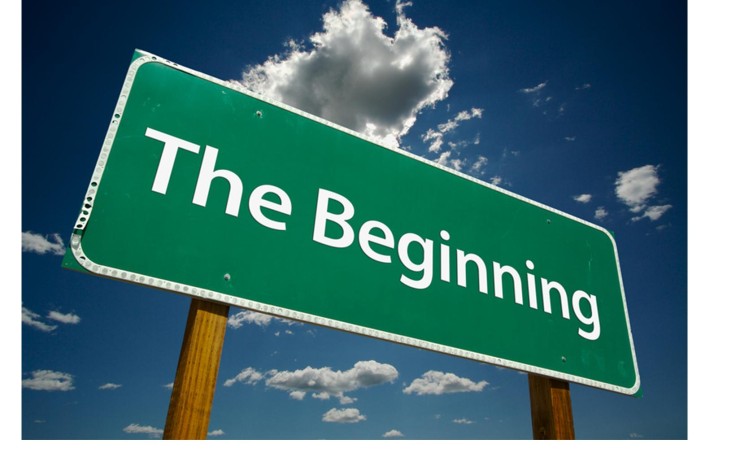Personal Development is the conscious pursuit of personal growth by expanding self awareness and knowledge and improving intrinsic personal skills by influencing all the activities that improve an individual’s awareness, ability and identity. It is also a process that helps develop talents and potential where we build human capital and enhance the existing quality of life and contribute to the manifestation and realisation of personal dreams and professional aspirations.
When personal development takes place in organisations it refers to methods, programs, systems, techniques and evaluation and assessment tools that measure and support human growth and development at an individual’s level.
Personal Development affects the mind, the body and the spirit as well as the current levels of success currently being enjoyed in all areas of your life.
The ultimate goal of Personal Development of course is to be a self-actualizing human being. That means living consciously at your full potential and reaching real happiness in your life by raising your level of conscious awareness to such a point that only excellence can follow.
There are specific steps to take when starting out with Personal Development and without addressing these steps in a progressive fashion your endeavours to achieve that personal development will remain incomplete.
Personal Development can help you develop your mental strength, your physical strength, your emotional strength, your social strength and even your financial strength.
So how can you get started on your own personal growth journey.
It starts with basic motivation and the desire to improve oneself. It’s either coming from inspiration where you are looking to improve who you already are, or it comes out of desperation where an unpleasant experience has forced you to grow.
One of the first things you need is acceptance. Acceptance means you see your life or your situation as it really is and accept that. Stop tolerating and rationalizing things you are truly unhappy about and start being honest with yourself. That may also mean you have to look at areas of your life where it really can be painful to accept the status quo. If you take the time and connect to the truth you will have laid the most important basis to really grow. You have to know where you stand only then can you can move forward. Without honesty it’s never going to work.
The most essential things in Personal Development deal with how one looks at the world and one see’s themselves in the world, which then determines how we act in that world.
Let me ask you – Are you a victim or a winner?
And do you see yourself as confident or submissive?
Are you in control or not?
Are you successful or struggling?
Are you happy or sad, and in what parts of your life are you either of those emotions?
Much of Personal Development is about making the unconscious conscious, in other words opening up your mind to be receptive to alternate possibility and to see things from a different perspective.
The first step is always to raise you level of conscious awareness so you can better understand how you really operate on the inside. Only then we can get control over it and set about changing the results we are getting outside.
The Four Stages of Mind Competency
- Unconscious Incompetence
This is where the individual does not understand or know how to do something and may not even recognize the deficit. They may deny the usefulness of the skill. The individual must recognise their own incompetence, and the value of the new skill, before moving on to the next stage. The length of time an individual spends in this stage depends on the strength of the stimulus to learn.
- Conscious Incompetence
Though the individual does not understand or know how to do something, he or she does recognize the deficit, as well as the value of a new skill in addressing the deficit. The making of mistakes can be integral to the learning process at this stage.
- Conscious Competence
The individual understands or knows how to do something. However, demonstrating the skill or knowledge requires concentration. It may be broken down into steps, and there is heavy conscious involvement in executing the new skill.
- Unconscious Competence
The individual has had so much practice with a skill that it has become “second nature” and can be performed easily. As a result, the skill can be performed while executing another task. The individual may be able to teach it to others, depending upon how and when it was learned.
And it is these elements that determine our character and our personality. During these processes we develop unconscious beliefs that ultimately limit our conscious minds.
Understanding these thought processes is what allows us to take responsibility for ourselves and to stop blaming others for results that we may very well be responsible for. Doing this moves us back to a position of personal power again. We become responsible for our thoughts which enable us to dream again, set a life-vision and set some exciting new goals for our life.
We get more energy and we learn how to use it intelligently. We gain more self-awareness and we improve our mental focus and we develop a personal development plan that will guide us to where we really want life to take us.




